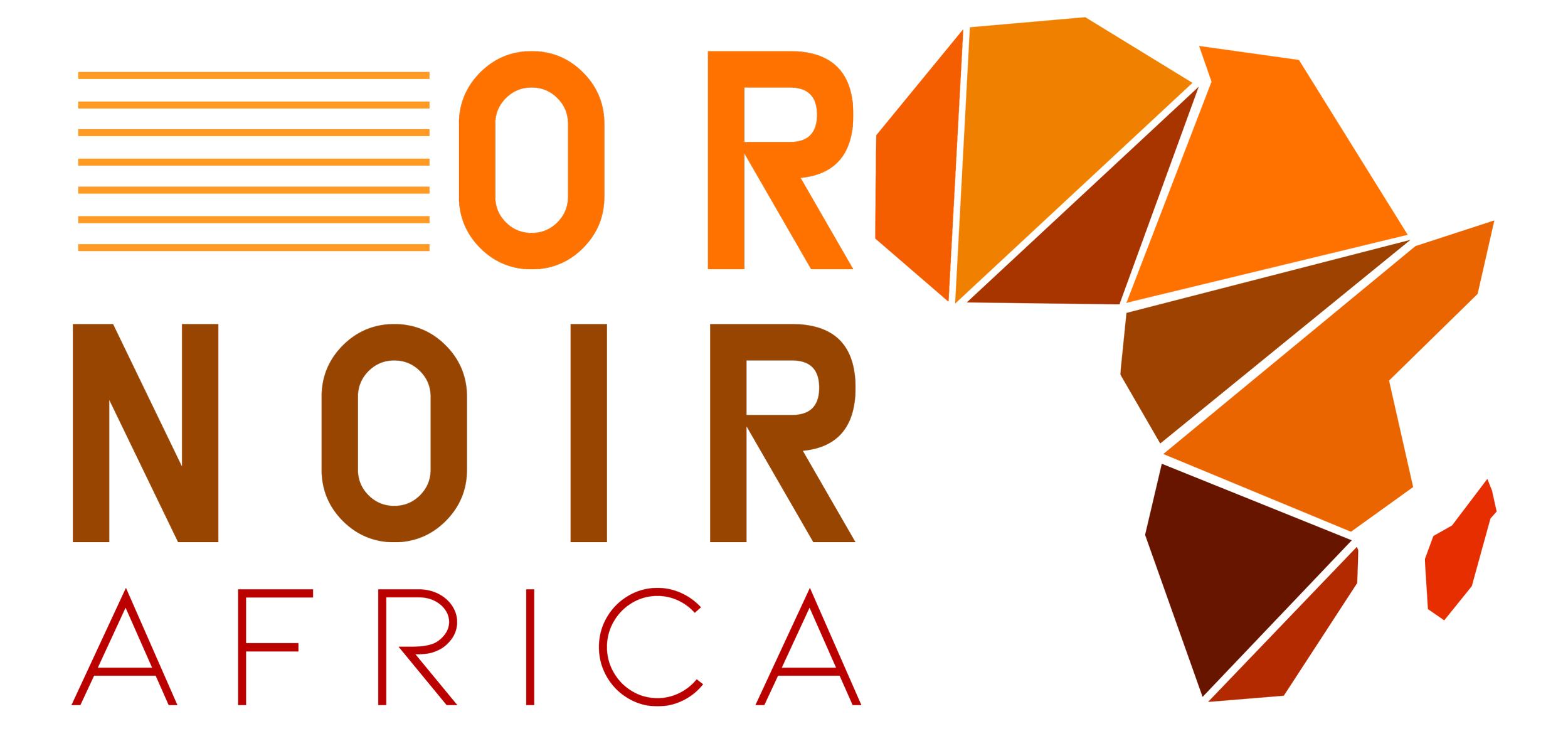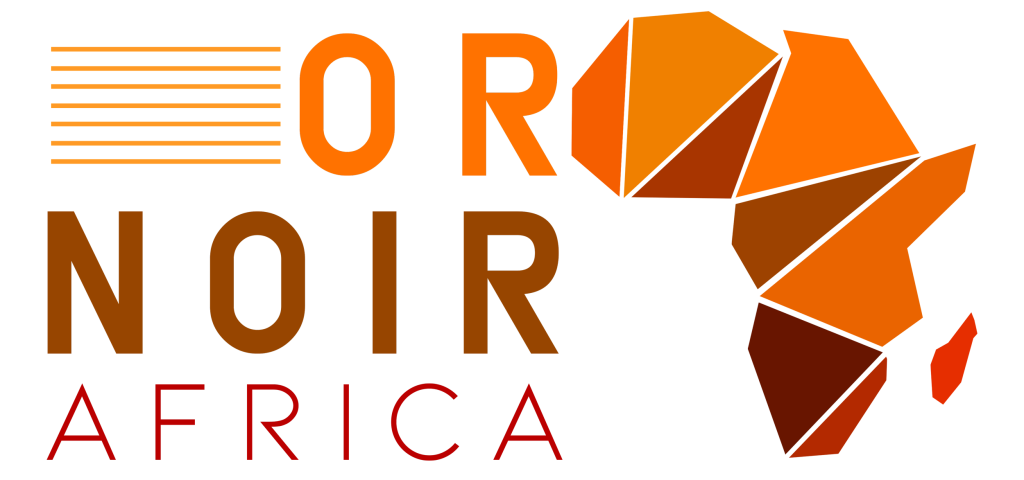Le Maroc consolide sa souveraineté énergétique avec un investissement de 815 millions d’euros destiné à l’extension de son réseau gazier, a annoncé la ministre de la Transition énergétique et du Développement durable, Leila Benali. Ce projet ambitieux vise à connecter le terminal de Nador West Med au gazoduc Maghreb-Europe (GME) et à relier les pôles industriels de Mohammedia et Kénitra, tout en renforçant l’approvisionnement en gaz naturel liquéfié (GNL) et en soutenant l’intégration des énergies renouvelables.
Lors d’une session parlementaire à la Chambre des représentants, Leila Benali a détaillé l’allocation de ce budget : 213 millions d’euros seront consacrés à la modernisation des infrastructures du terminal de Nador West Med, tandis que 602 millions d’euros financeront l’extension de plus de 120 kilomètres de pipelines vers Mohammedia et Kénitra. Ces travaux, dont les premières étapes devraient s’achever d’ici le 23 juillet 2025, visent à sécuriser l’approvisionnement en GNL et à connecter les zones industrielles clés du pays au réseau gazier.
Ce projet s’inscrit dans une stratégie énergétique plus large, visant à ajouter 15 gigawatts (GW) de capacité au réseau électrique national d’ici 2030, dont 85 % proviendront de sources renouvelables. Le gaz naturel, considéré comme un « carburant de transition », jouera un rôle clé pour assurer la flexibilité du réseau et accompagner l’essor des énergies vertes, notamment l’hydrogène vert.
Le Maroc ne se contente pas de répondre à ses besoins domestiques. Avec une capacité prévue de 500 millions de mètres cubes de GNL par an, le pays ambitionne d’exporter environ la moitié de sa production vers l’Europe, où la demande en gaz naturel croît constamment. La connexion du terminal de Nador West Med au gazoduc Maghreb-Europe, un axe stratégique reliant l’Afrique à l’Europe, positionne le Maroc comme un futur hub énergétique régional. Ce projet s’aligne également avec le mégaprojet de gazoduc Nigeria-Maroc, qui vise à acheminer 30 milliards de mètres cubes de gaz par an à travers 13 pays africains, renforçant ainsi les liens énergétiques entre l’Afrique et l’Europe.
La ministre Benali a souligné l’engagement de 23 institutions publiques dans ce projet, illustrant une synergie nationale pour renforcer la souveraineté énergétique. Outre l’extension du réseau gazier, le Maroc progresse dans la construction d’un terminal GNL à Nador, comprenant une unité flottante de stockage et de regazéification (FSRU), dont l’appel d’offres est en cours jusqu’au 23 juillet 2025. Ce terminal alimentera des centrales électriques et des zones industrielles, tout en s’intégrant à la future infrastructure transafricaine.
Ce programme, qui inclut également le développement de terminaux GNL à Dakhla et Mohammedia, s’inscrit dans une vision à long terme pour diversifier les sources d’énergie et réduire la dépendance aux importations. Cependant, le succès de cette initiative repose sur la mobilisation de financements privés, la réalisation des travaux dans les délais impartis et la gestion des défis géopolitiques régionaux, notamment les tensions avec l’Algérie autour du gazoduc Maghreb-Europe.
En parallèle, le Maroc accélère ses investissements dans les énergies renouvelables, avec un objectif de 52 % de capacité installée d’ici 2030, soutenu par des projets solaires et d’hydrogène vert. Cette dynamique place le royaume en leader régional de la transition énergétique, tout en ouvrant de nouvelles perspectives économiques et industrielles.
Avec cet investissement de 815 millions d’euros, le Maroc pose les bases d’une infrastructure énergétique moderne et ambitieuse, visant à la fois l’autonomie nationale et un rôle stratégique sur la scène énergétique internationale.


